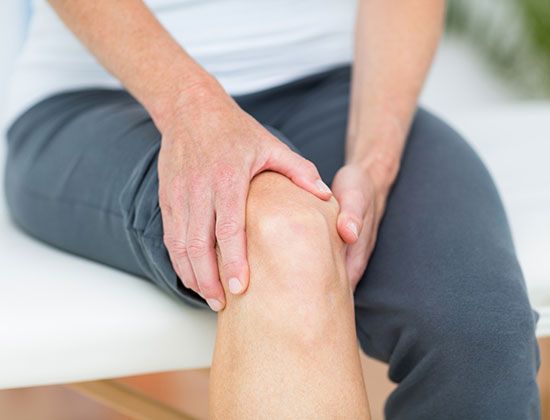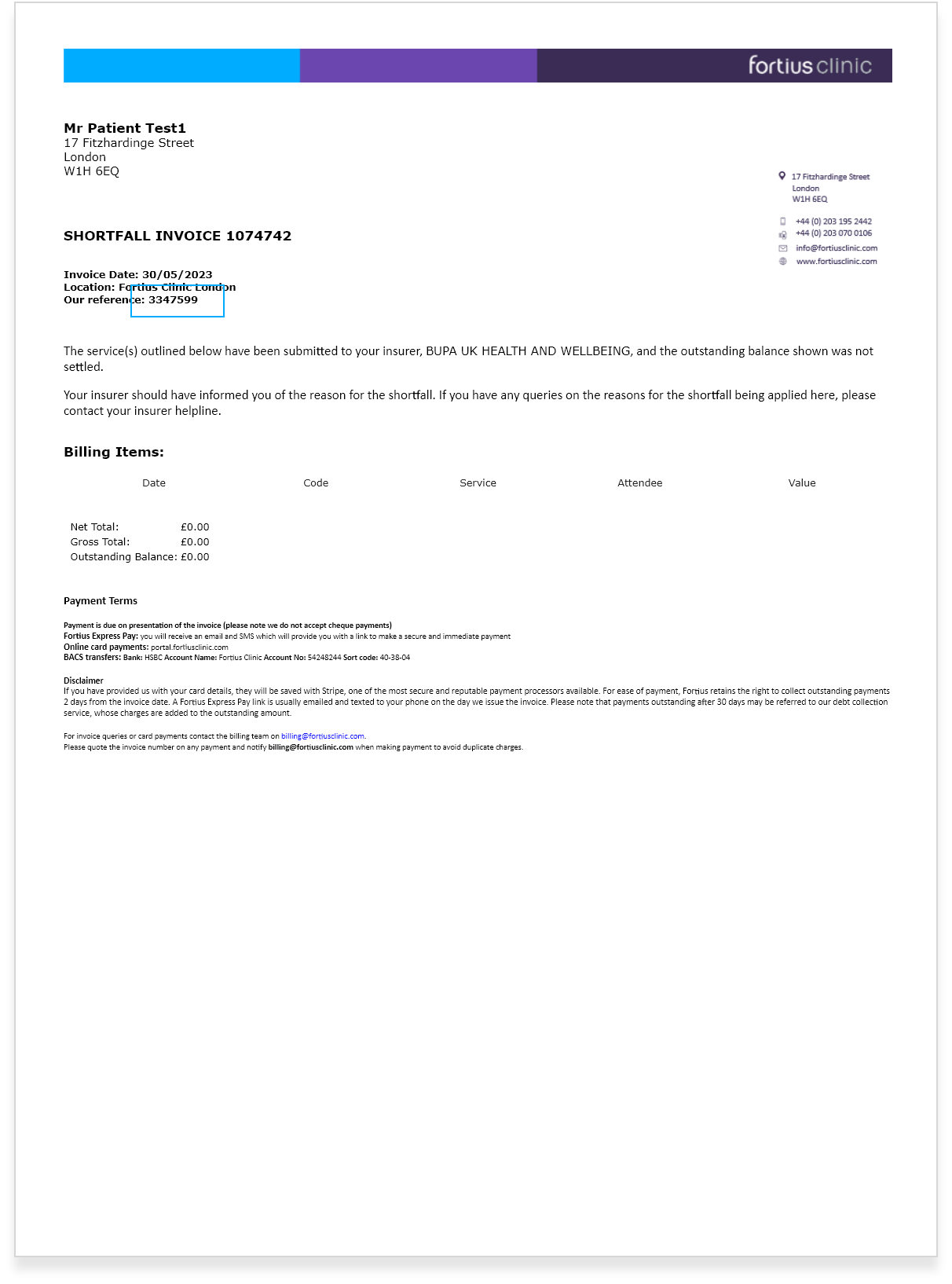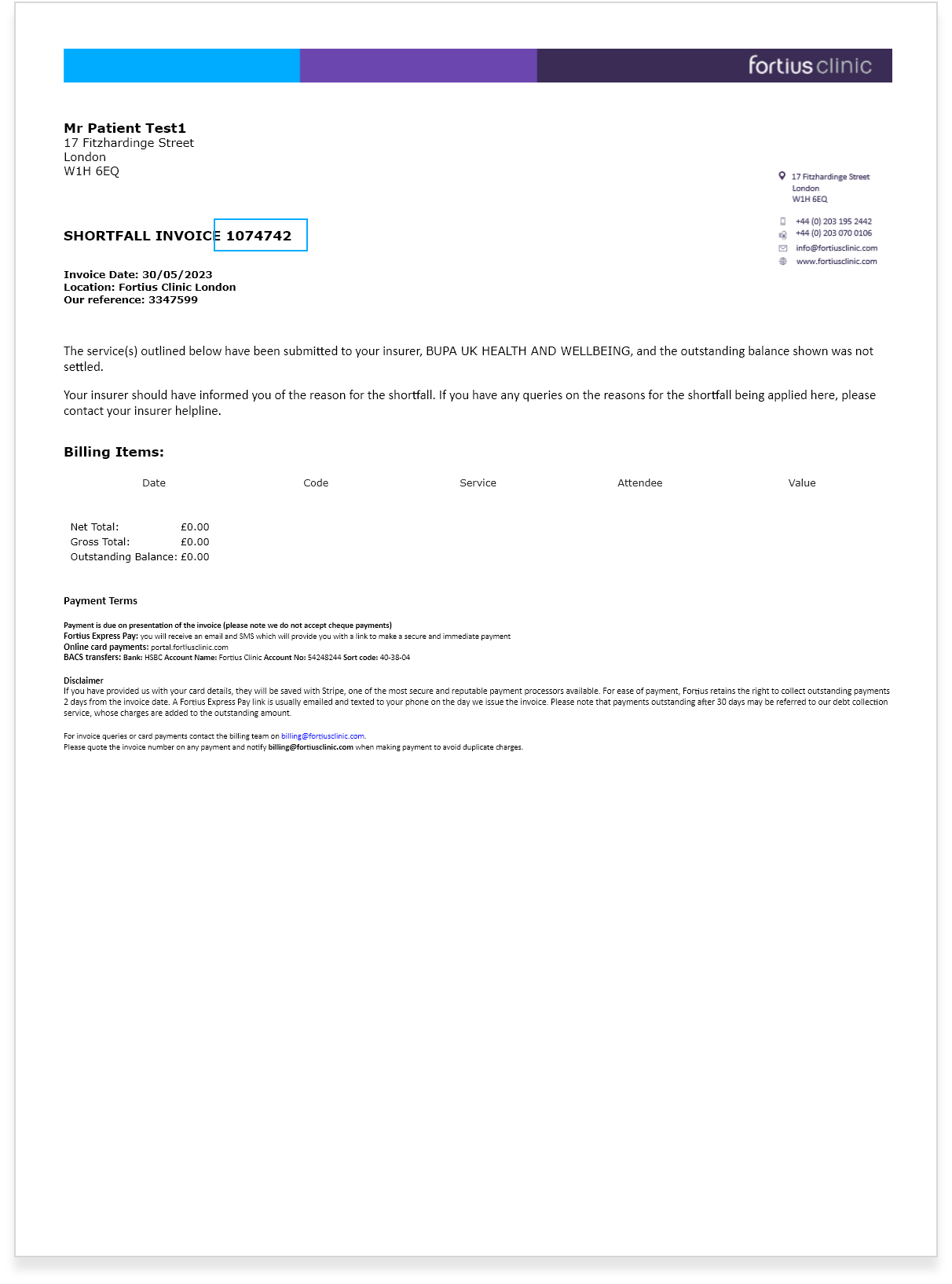Concerned about arthritis? Noisy knees and other signs
19 June 2017
It’s long been seen as a sign (and a sound) of simple, unavoidable ageing, but it appears that there’s more to subjective crepitus – the grating, cracking and popping of knee joints – than first thought. What’s more, it could actually be an invaluable early-warning system for knee osteoarthritis.
A study – conducted by Baylor College of Medicine in Houston involving nearly 3,500 participants with a mean age of 61.1 – was set up to investigate a link between subjective crepitus and knee osteoarthritis. The participants – who had been tagged as at a high risk of developing knee osteoarthritis – were questioned on a yearly basis for three years to measure the occurrences of subjective crepitus, examine radiographs, and track incidences of knee pain.
Sound advice
The conclusion of the study determined that of the people involved who developed knee osteoarthritis within a year, more than 75% of them had no frequent knee pain at the start of the study. According to the staff at Baylor, these findings could be helpful for honing in on people at risk of developing knee osteoarthritis, giving doctors a better shot at an early diagnosis and a more effective intervention.
“Many people who have signs of osteoarthritis on X-rays do not necessarily complain of pain, and there are no known strategies for preventing the development of pain in this group of people," states Dr. Grace Lo, Assistant Professor of Medicine at Baylor College of Medicine in Houston. "This study suggests that if these people have noisy knees, they are at higher risk for developing pain within the next year compared with the people who do not have noisy knees. Future studies that target people who have X-ray signs of osteoarthritis, and who do not complain of pain but do report noisy knees, hold the promise of identifying interventions that can prevent knee pain."
No pain? No need to worry
Knee crepitus is a common complaint, and is usually nothing to worry about. In some cases, it’s nothing more than a collection of tiny bubbles of gas in the synovial fluid (which lubricates the articular cartilage of the synovial joints during movement), which release from time to time. In other cases, it’s due to the cartilage around the knee developing uneven areas as we mature, which creates a popping or cracking sensation when they glide together as we flex our knees.
However, crepitus can also be caused by certain knee injuries, such as meniscus tears, patellafemoral pain syndrome, and other knee injuries, as well as being a symptom of arthritis, be it osteoarthritis, rheumatoid arthritis, or infectious arthritis – and if that noise is accompanied by pain, a simple bodily reaction becomes a warning.
So, the bottom line when it comes to knee crepitus is simple: if there’s no accompanying pain, those creaks and pops are nothing to worry about. If you’re hearing noises and experiencing pain, on the other hand, it’s common sense to get your knees checked out as soon as possible.


